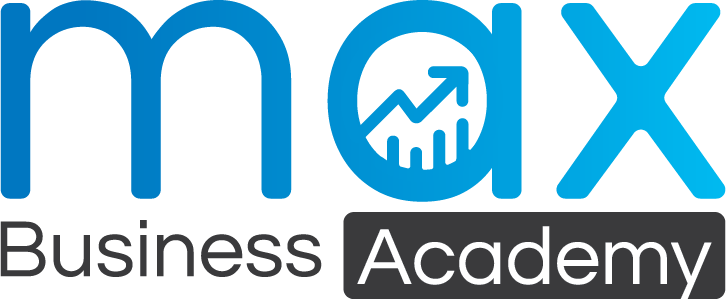Too many times I come across a business where they say to me, ‘Hey Ben, I’m struggling with my cash flow. I never have enough money in the bank.’ It’s a common problem and the reason for that is sometimes people mismanage their cash flow. If you think about the different resources you have in your business, one of the most important resources is your cash. You can go broke making a profit if you’re not collecting your money.
I wanted to run you through 5 things I recommend you do to make sure you’ve always got plenty of money in the bank.
Tip #1, make sure you have a system
I see too many people that don’t have any rules or systems around how they take money in or make payments out. It’s very important that you have some sort of systemised process so that you’re not just making payments when you’re not thinking about what has to be paid next week. What I mean by that is, for example, if you know you have a base payment coming up in a few weeks, or a big wages bill, or you’ve got some capital that needs to go out for some equipment or something, then you’ve got to make sure you’ve got the money in the bank to do that.
Tip #2, Get a forecasting tool
Don’t use your bank account! Your bank account is not a way to manage your cash flow. I know a lot of people who look at their bank account as a way to determine if they have enough money to do what they want to do. Looking at your bank balance is not enough, because you just don’t know what’s coming up or what’s coming in. So you need to use some kind of cash flow forecasting tool that tells you sort of roughly in the next 90 days what money you’ve got going in, and of course, roughly what money you’ve got going out. It’s important that you use that on a regular basis. I would suggest that you update a tool like that every single week, something like on a Friday or a Monday where you can reconcile it to what actually happened, and you can get a true reflection of how how much money you’re going to have in the bank not just today, but in three month’s time.
Tip #3, Collect your money upfront
Now if cash flow is a huge issue for you and you’re thinking, ‘Ben, do you have any ideas on how I can get money in any quicker, or increase my cash flow?’ I’ve got a few ideas for you as well. But tip number three is to collect money upfront. Get deposits and things like that. Now there are some industries where collecting a certain percentage of deposit upfront is against the law, some sort of trade act that stops you from doing it. But in most businesses, if you’re carrying out some sort of service work, you can ask for not only a deposit upfront, but for progress payments on the way through. Because of course you’ve got to pay wages, you’ve got to pay bills, you’ve got to pay rent while you’re doing that work, so you may as well get some of your money upfront.
Tip #4, Encourage early payment
The other thing you can do, which is my tip number four, is offer some sort of added value for an early payment. So if you have something else you can add value with, another product that you think your customer may benefit from owning, you can say, ‘Well let me throw in this extra…’ whatever it might be, it’s up to you to decide. But by adding that extra value, it gives them an incentive to pay early and then that helps your cash flow because you get that money in a bit earlier.
Tip #5, Have a collection system
Don’t become the bank! I see too many people that are willing to let their customers drag out for months and months and months, and then it’s too late collecting their money. You need to be strict about making sure that when your customer owes you money, you collect it. Remember, whatever you don’t collect, if you’ve got a mortgage or a line or credit or a credit card, you are paying interest on that money on their behalf. Do not become a bank.
About the Author
Ben Fewtrell is a sought-after Business Coach, Keynote Speaker and trainer who has featured in Virgin’s Inflight Magazine and Entertainment Portal, SKY Business and “Secrets of Top Business Builders Exposed”. He is also the host of the popular Business Brain Food Podcast where he interviews leading experts on anything and everything business.









